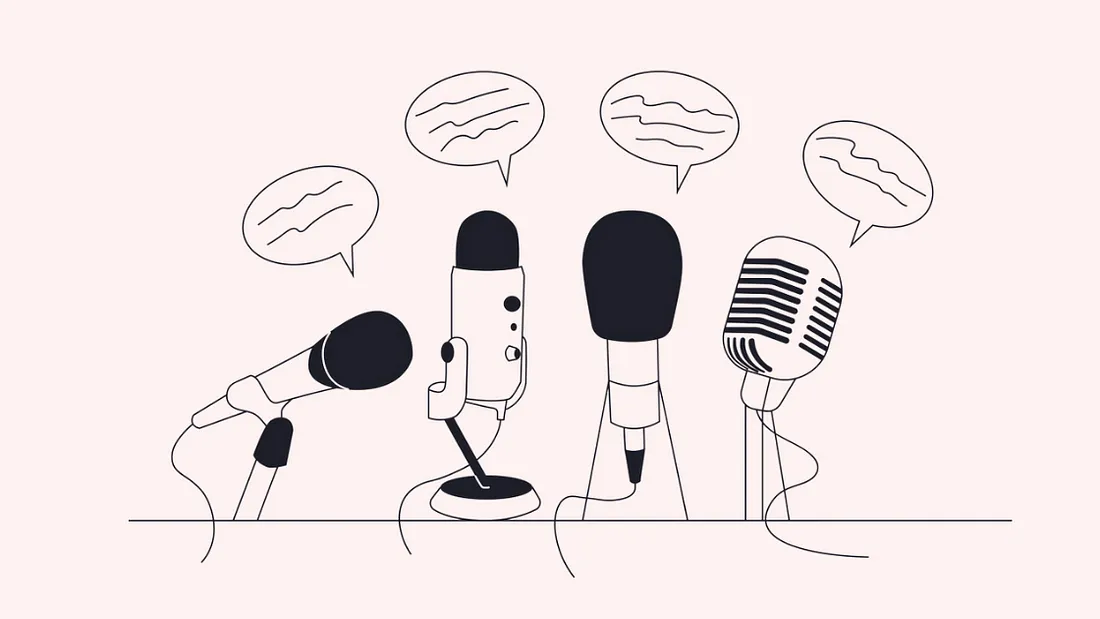What are your pronouns?

A year ago I was doing an interview for the radio station where I used to work. The person I was interviewing was a researcher who was well known in the community and had been on our programs many times. As I finished the interview, I asked for their pronouns. The researcher responded, “she/they” and asked to use they/them pronouns for the interview when we went to air.
No one had ever asked them before. This was someone we knew well, and nobody had thought to check. That meant we’d been getting it wrong — every time.
As journalists, storytellers, and communicators, our job is to get the facts right and to represent people as realistically as possible. Like the correct spelling of a name or job title, using the correct pronouns is crucial.
It’s not just about getting it right, it’s also about making your guest feel comfortable. As interviewers, we get people to tell us personal stories all the time. We ask people to be vulnerable, share openly and trust us with all kinds of information about their lives. To gloss over what could be a very important part of someone’s identity violates our agreement with the guest — which is to treat them with respect.
And we shouldn’t rely on the people we interview to disclose that information without being asked.
Over the years, I’ve had coworkers tell me it makes them uncomfortable to ask someone for their pronouns. Interviewers are not sure when to do it, or how to do it, worried they might somehow do it wrong.
In response, people often say: “Just ask.” O.K., but when do you ask? And how?
So, this is what I do. It’s by no means the only way, but it’s a pretty simple way to get the information you need.
How to ask someone their pronouns
The standard practice is to ask a series of questions you need everyone to answer at the beginning or end of an interview.
Sometimes the specific questions change, but usually, it’s their name, title and where they live. And that’s where I ask for pronouns.
It’s better to ask someone what are their pronouns. While I’ve seen people use “preferred pronouns,” that suggests it’s simply a preference. Like an ice cream flavour, rather than a part of their identity.
If someone uses multiple pronouns, I ask which pronoun they would like to use in the script if we only end up using their pronoun once.
And that’s it.
I don’t force people to answer the question, because there are good reasons why someone may not want their pronouns published in media. It could be that they aren’t completely open with their identity, and sharing that information could potentially put them at risk.
Some guests I interview have never encountered the question before. In that case, I explain what pronouns are and why it’s important to get them right.
I ask everyone I interview, regardless of who they are. You never know how someone might identify or if how they identify has changed. Although it’s a relatively easy thing to do, I’ve never worked at a media company (including the one I currently work at) that has a policy about asking for pronouns.
We’re out here asking people to be vulnerable, the least we can do is get their story right.
There are a ton of resources over at the Trans Journalists Association, including a style guide, which I encourage anyone who does interviews to check out for further information.
Using the correct pronouns for the long-time guest who’d never been asked before at my station didn’t just mean a lot to them personally, it meant we were finally upholding the show’s commitment to accuracy and truth.
Sign up for the Pacific Content Newsletter: audio strategy, analysis, and insight in your inbox. Once a week.
